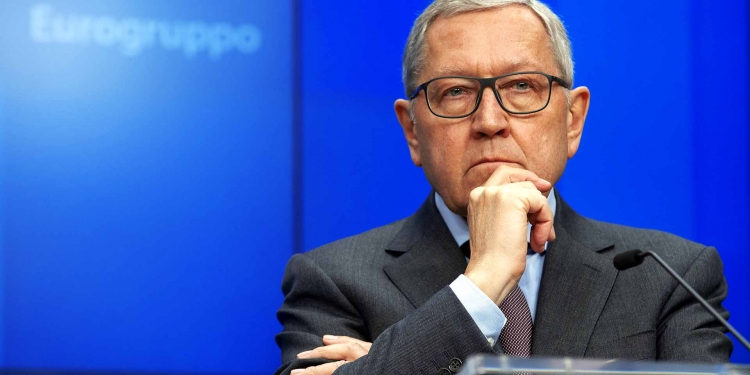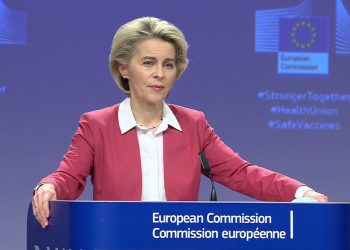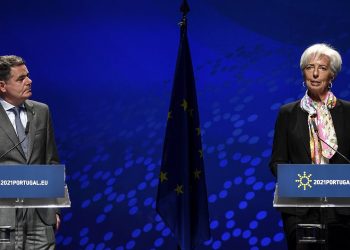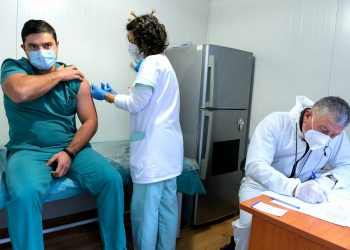The EU’s top priority is to safeguard the health of its citizens. The EU and its member states are working together to reinforce national healthcare systems and contain the spread of the virus. At the same time, EU – Eurogroup and its member states are taking action to mitigate the socio-economic impact of COVID-19.
EU finance ministers face pan-European unemployment reinsurance scheme. European Economies suffer by coronavirus economic impact. Under those circumstances, fiscal stimulus will be the appropriate and highly effective in most advanced economies. A coordinated European response will facilitate exit from the exceptional measures introduced during the crisis.
No single country will be left behind in this crisis!
Thierry Breton, EU Commissioner for Internal Market
The EU’s response to the COVID-19 outbreak
The EU’s response to COVID-19 focuses on four priorities:
- limiting the spread of the virus
- ensuring the provision of medical equipment
- promoting research for treatments and vaccines
- supporting jobs, businesses and the economy
The EU is also helping EU citizens stranded in third countries. EU delegations are working with member states’ embassies to coordinate the repatriation of EU citizens. These priorities were agreed on by EU leaders who met, by video conference, on 17 March and 26 March 2020.
EU Commission and finance ministers are considering to use all means disponsible in their arsenal to face the economic impact of the Coronavirus COVID-19. After years of EU debates, this Health pandemic Crisis has no previous response plan.
Eurogroup – 7th April
Eurogroup on 7th April EU debates all executive plans to create a mechanism supporting jobs, workers, businesses, unemployment and the economy.

Are Eurobonds the answer?
SURE
Short time work scheme
Short-time work schemes are programmes that under certain circumstances allow firms experiencing economic difficulties to temporarily reduce the hours worked by their employees, which are provided with public income support for the hours not worked. Similar schemes apply for income replacement for the self-employed.
This is European solidarity in action! @EU_Commission proposes the new short-time work scheme SURE to help the most affected EU countries, including IT & ES. This will save millions of jobs during the crisis & allow us to quickly restart Europe’s economic engine afterwards. pic.twitter.com/wtchbhh0R8
— Ursula von der Leyen (@vonderleyen) April 1, 2020
€750 billion Pandemic Emergency
The European Central Bank (ECB) announced a €750 billion pandemic emergency purchase programme. ECB wants to minimise the fallout on the economy and protect EU future credibility.
European Commission has announced flexibility in the application of EU rules and the following EU funds:
- €37 billion from the EU budget to be allocated to the Coronavirus
- Response Investment Initiative to support healthcare systems, small and medium-sized enterprises (SMEs) and labour markets
- up to €28 billion of structural funds from 2014-2020 national envelopes not yet allocated to projects, to become eligible for crisis response
- up to €800 million from the EU Solidarity Fund, to be directed at countries hardest hit, thanks to an extension of the scope of the fund to public health crises
- Via the European Investment Bank: up to €40 billion to bridge short-term financing needs of SMEs
Enabling flexibility in the application of EU rules on:
- state aid measures to support businesses and workers
- public finances and fiscal policies, e.g. to accommodate exceptional spending
The EU suspended the airport slot requirements which oblige airlines to use at least 80% of their take-off and landing slots in order to keep them the following year. The temporary waiver, applicable until 24 October 2020, helps air carriers cope with the drastic drop in air traffic caused by the COVID-19 outbreak.
Can you see European solidarity in action?
Eurogroup takes action!
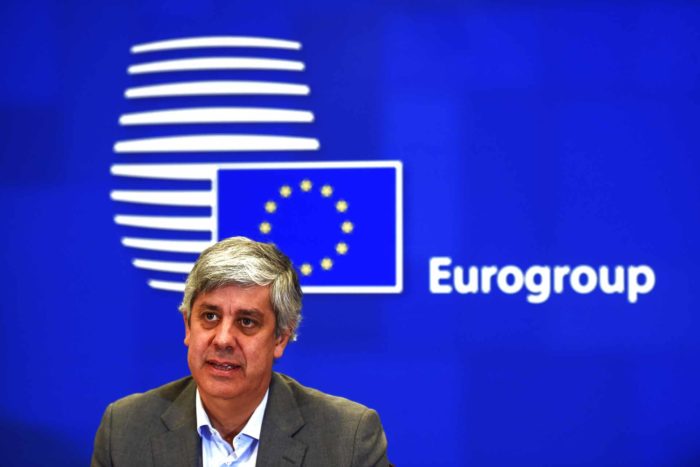
Unfortunately, the pandemic moved into Europe and then around the world. By March 2020, all EU member states had reported COVID-19 cases. The number of cases has since continued to increase.
The Council, together with other EU institutions, is closely monitoring the situation and taking action. This includes adoption of relevant EU legislation and ongoing coordination with member states to share information, assess needs and ensure a coherent EU-wide response.
The World Health Organisation (WHO) is coordinating the worldwide response. On 11 March 2020, the WHO declared COVID-19 a global pandemic. The EU is directly contributing to the global response of the WHO.

